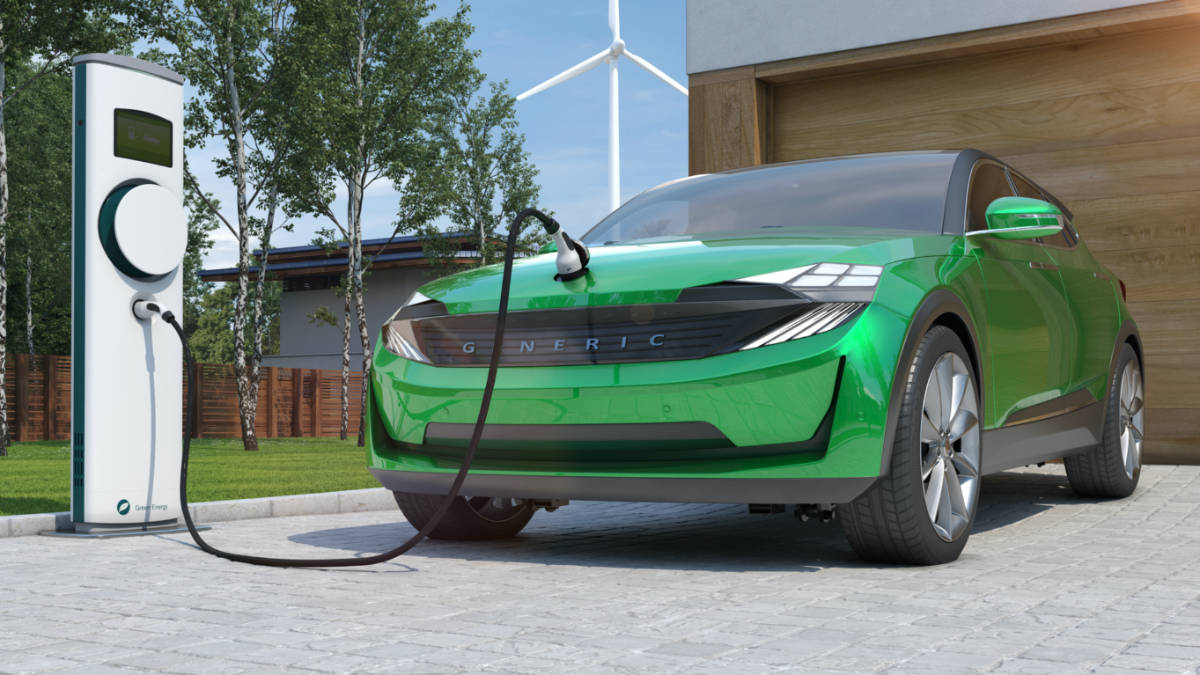Australia’s EV adoption remains… embarrassing

EVs are still a rare sight in Australia. Pic: Getty Images
The numbers are out and it’s a damning indictment of Australian government’s electric vehicle (EV) policies, which do precious little if anything to encourage their take-up.
According to the Electric Vehicle Council, just 6,900 EVs were sold in Australia in 2020, making up a miniscule 0.7 per cent of all car sales in the country.
This compares with the European Union increasing its market share of EVs sold from 3.8 per cent in 2019 to 10.2 per cent in 2020, thanks in no small part to its CO2 emissions standards.
UK adoption of EVs has also increased from 3.1 per cent in 2019 to 10.7 per cent in 2020 while in California it went from 7.6 per cent to 8.1 per cent in the same period.
All these rates pale in comparison with Norway, which saw EV adoption climb from 56 per cent to 75 per cent, a little ironic given that its Government Pension Fund Global – the largest sovereign wealth fund controlled by a company on behalf of its citizens – was built on revenues from its oil and gas resources.
On the world stage, 3.24 million new battery EVs and plug-in hybrid vehicles were sold in 2020 with research firm Canalys saying that EVs are forecast to reach over 7 per cent of new car sales in 2021 to exceed 5 million units sold.
But Australia isn’t likely to be contributing significantly to this growth in EV adoption.
Victorian tax a bane
“There’s simply no sugarcoating it at this point – Australia has marked itself out as a uniquely hostile market to electric vehicles,” Electric Vehicle Council chief executive Behyad Jafari said.
“We have no targets, no significant incentives, no fuel efficiency standards – and in Victoria we even have a new tax on non-emitting vehicles.
“Our governments are apparently doing everything possible to ensure Australia is stalled with its hazards on while the rest of the world zooms into the horizon.”
He was especially critical of the Victorian state government’s move to charge electric and other zero emission vehicles – including hydrogen – 2.5c per kilometre and plug-in hybrids 2c per kilometre.
It seeks to justify this on the basis that while drivers of conventional vehicles pay a fuel excise of about 4.2c per kilometre, EV drivers in Australia – or rather Victoria – pay little or no fuel excise.
“Victoria is now doing what no other jurisdiction on earth does by discouraging people from buying electric vehicles by slugging them with a special tax,” Jafari added.
“The federal government’s inaction is bad, but even they’re not destructive enough to actively discourage electric vehicle uptake with a new tax.”
It is not all negative though with Jafari noting that Australia’s abundant natural advantages mean that it would only take a handful of small changes from government to improve EV adoption.
Related Topics
SUBSCRIBE
Get the latest breaking news and stocks straight to your inbox.
It's free. Unsubscribe whenever you want.
By proceeding, you confirm you understand that we handle personal information in accordance with our Privacy Policy.








